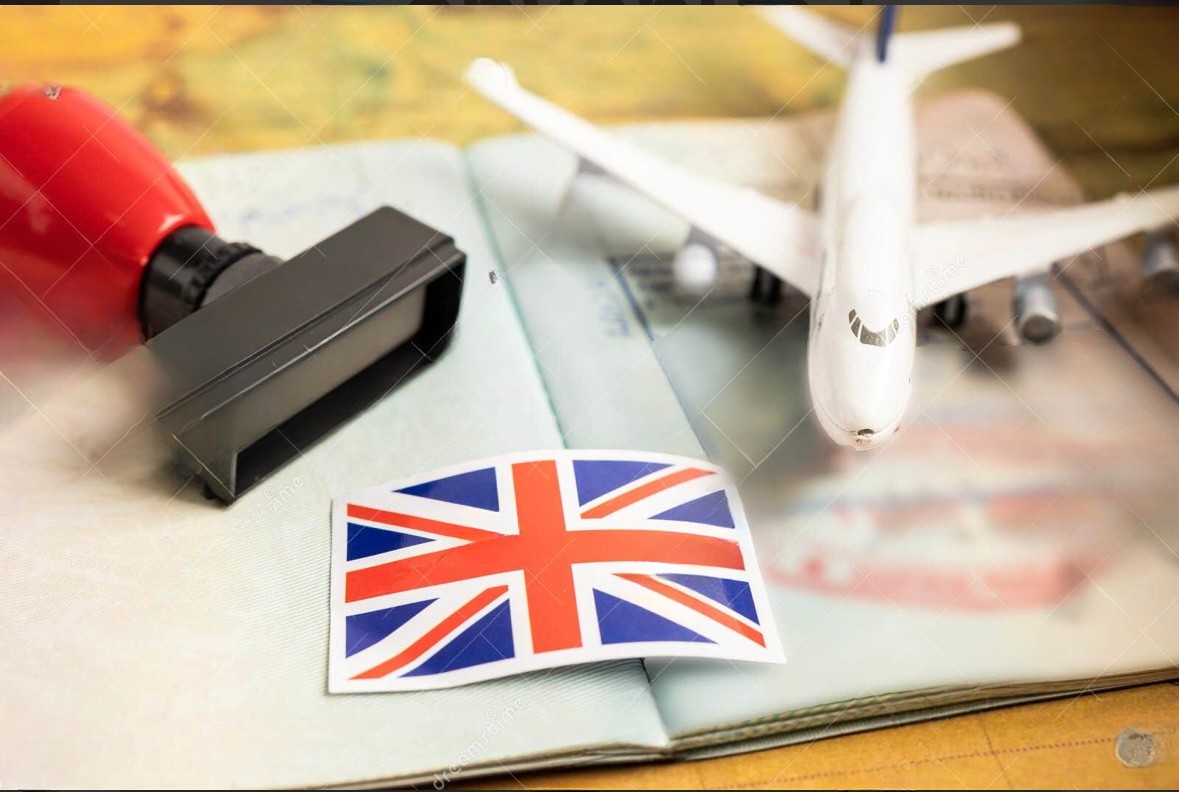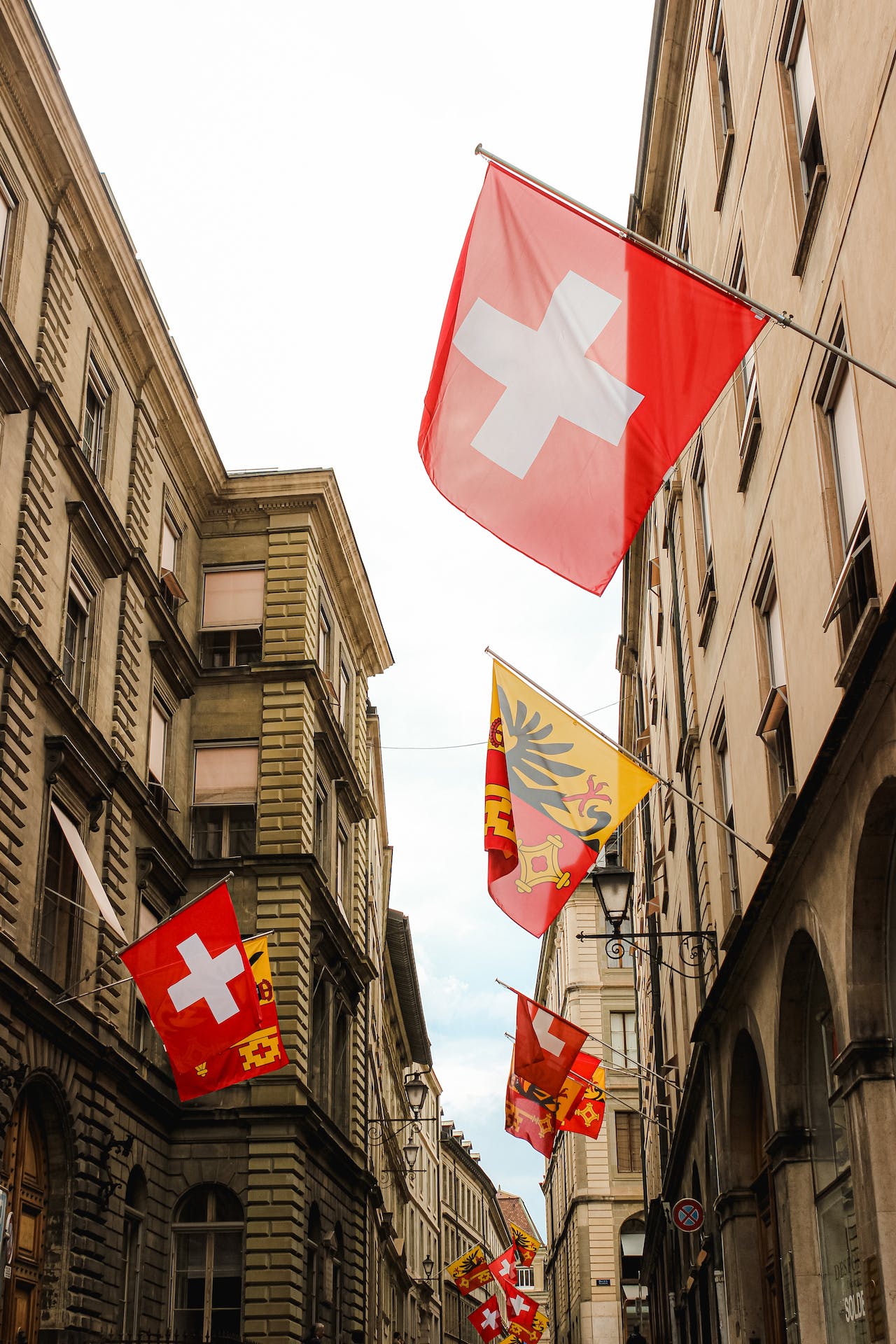What is a CDL?
The “carte de légitimation”, or Cdl, is an authorization to work delivered by the Department of Foreign Affairs to non-Swiss citizens employed by UN organizations and diplomatic staff based in Switzerland. This authorization allows the beneficiary to exercise their duties without a visa or work permit. Thus, Cdl holders are exempt from having to deal with the Office Cantonal de la Population et des Migrations (OCPM) in Geneva, the Swiss Mission handles the delivery and restitution of these authorizations via the international organization’s human resources department.
Different types of Cdl exist (category B, C, D or E, etc) depending on the holder’s position within the organization. Each family member receives the same type of authorization under family reunification. An important aspect lies in the fact that B or C permit holders who are already living in Switzerland at the time of their employment with a UN organization must return their current permit to the OCPM as they are required to hold a Cdl during their functions. They can request their permit back once they have terminated their functions, subject to the type of permit they were holding previously.
Swiss residency rights
Holding a Cdl does not grant any rights to non-Swiss citizens wishing to settle in the country permanently. The Cdl operates as a temporary work authorization delivered only to members of diplomatic organizations and missions, international organizations and institutions, intergovernmental organizations as well as international conferences and Courts. Cdl holders are allowed to travel within the Schengen area for a maximum of 3 months for tourism purposes.
Ci permit
The Cdl holder is allowed to travel with their spouse and dependants under the age of 25 years old during their function in Switzerland. Consequently, family members are also granted a Cdl, allowing them to reside lawfully in the country at the same address as the primary Cdl holder. However, if dependants wish to be employed in Switzerland, a Ci permit should be requested to replace the Cdl. In this case, it is the Office Cantonal de la Population et des Migrations (OCPM) who is responsible for delivering these permits in the canton of Geneva. A simple work contract signed by both parties allows the Cdl holder to apply for a Ci permit. If the main Cdl holder applies and receives a L, B or C permit, the dependant’s Ci permit will be immediately terminated and immunity privileges will not apply anymore.
The Ci permit works the same way as a work permit, allowing the holder to work full-time without any restrictions. However, Ci permit holders are not subject to the restrictions applying to non-European workers such as the priority for Swiss and EU workers on the labour market (the priority process) and permit quotas. Ci permit holders pay taxes and insurances according to Federal regulations Ci permits can be delivered to employees or self-employed workers for a maximum period of 2 years and are renewable. Children between the ages of 21 and 25 years old are not entitled to receive a Ci permit. If they no longer hold a Cdl, they must apply for a B permit if they wish to work. In this case, non-European applicants will be subject to the priority process and annual permit quotas.
CDL and Ci permit termination
Different types of situations lead to the termination of a Cdl or Ci permit.
Firstly, once the primary Cdl holder’s work assignment in Switzerland comes to an end, Cdl and Ci permits are cancelled after a short courtesy period (two months upon request) allowing the Cdl holder to get organized for their next mission. Dependants are not allowed to stay in the country once the Cdl holder has terminated their functions in Switzerland. A six-month “délai de courtoisie” can sometimes be requested to the Swiss Mission to obtain an extension when children are enrolled in school and wish to finish their school year in Switzerland. During the courtesy period, Ci permits are not valid anymore and therefore no longer allow their holder to work.
Under the Federal law on Foreigners and Integration (LEI), non-EU citizens cannot apply for a B permit and stay in Switzerland once their functions with the organization have ended.
Secondly in the case of a divorce, the spouse who received the Cdl or Ci permit under family reunification loses their right to remain in Switzerland and must therefore apply for a B permit, if they meet the requirements.
Children under a CDL who are turning 25
Children having reached their 25th birthday are not entitled to benefit from a Cdl anymore and, in the majority of cases, must leave the country or hold a valid B permit. Some exceptions apply for children who are enrolled at university or another higher education institution in Switzerland. In this case, they may apply for a student permit before their Cdl expires.
Children holding a Cdl who are not EU citizens and who have reached the age of 25 can request a B permit based on their level on integration in Switzerland. In some cases, children who have lived in Switzerland for at least 12 consecutive years can request a C permit once they reach the age of 21, if they can prove that their education and past years were spent in Switzerland and if they are financially independent from their parents. With a C permit and after 10 years of residency in Switzerland, an application for Swiss citizenship can be lodged.
Retirement after a CDL
At the time of retirement, a Cdl holder who has lived in Switzerland for more than 10 years and is over 55 years old can apply for a C permit if they meet the integration requirements. A courtesy period must be requested by the organization employing the applicant to the Swiss Mission before the end of the contract, in order to leave the Cdl holder enough time to apply. Proof of sufficient funds to cover living costs and a good integration in the commune of residence must be demonstrated. A good level of French is also mandatory (B1 spoken and A1 written). It is up to cantonal and federal authorities to evaluate the application and decide whether or not to grant the Cdl holder a C permit.
Pathways to Swiss citizenship
From January 2018, only C permit holders can apply for citizenship after 10 years (art. 9 al. 1 LN). In practice, switching from a Cdl to a C permit is not feasible, except after retirement.
The C permit is usually granted after 10 years of residency holding a B permit (art. 34 LEI). In some cases, the fast-tracked C permit can be requested after 5 years of consecutive residence in Switzerland with a B permit if the applicant can demonstrate a strong integration and language skills.
The situation is different for EU-27/EFTA children who can apply for a B EU permit instead of a Cdl if one of the parents holds a B EU permit according to the Agreement on the free movement of people (AFMP). British CDL holders are considered non-EU citizens and do not benefit from the protection of acquired rights post-Brexit (check our article on the protection of acquired rights)
Every week we hold a consultation desk via Zoom or in person where we provide legal advice to CDL holders who are considering their options to remain in Switzerland.
Book your appointment via our website: legalexpat.ch, our English-speaking team is here to help you!
18/03/25 – Alexa Mossaz, immigration specialist



